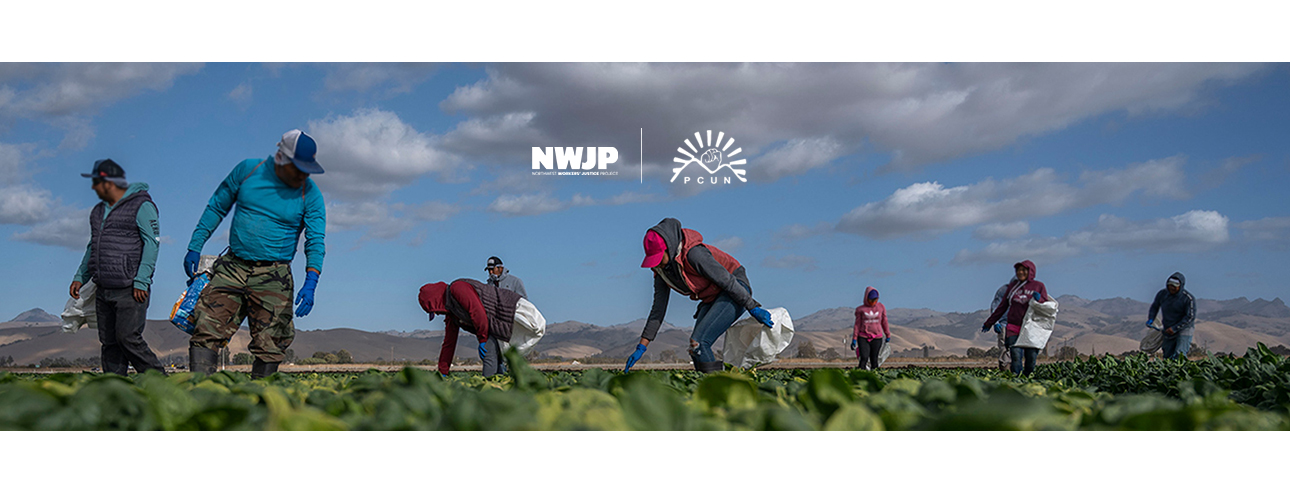I’m an attorney at NWJP, and also have the privilege of coordinating our policy work. While NWJP is perhaps best known for legal representation, we also fight to change laws and make better policy. For many years, there was one injustice that stood out above the many others: the historic and racist exclusion of farmworkers from the right to be paid overtime premiums.
Most people know that U.S. workers are owed “time and a half” after working forty hours in a week. Farmworkers and domestic workers were specifically carved out of the federal right to overtime, passed in 1938. At the time, domestic and farm work was predominantly done by Black workers. The Congressional record shows that white lawmakers did not want Black workers to have the same protections from long hours as white workers. It was an exclusion based on overt racism. Oregon took these racist exclusions of farm and domestic workers and adopted them as part of state overtime laws. (Domestic workers in Oregon had fought for and won important changes to the overtime law in 2015.)
Fast-forward to 2022...today, a huge majority of farmworkers are Latinx and indigenous. Farm work is one of the most dangerous and difficult jobs. It is also one of the lowest paid. Oregon’s Farmworker Union, PCUN, had been talking for years about tackling this disparate treatment. However, opposition from the business lobby in Oregon was near total, with just a few family farms willing to agree that farmwork should be compensated fairly. We knew we had our work cut out for us.

PCUN and NWJP developed a three-part strategy to win. First, we worked with Oregon’s farmworker legal aid programs to pursue litigation designed to overturn the exclusion in the courts. Second, we successfully convinced our state bureau of labor, BOLI, that it had the legal authority to, and in fact was already legally required to, repeal the exclusion of farmworkers from overtime regulations. BOLI let it be known it would start a process called rulemaking to give farmworkers overtime protections if the legislature did not act.
This pressure campaign paved the way for the historic law change, encouraging employers and legislators to enshrine the protection into law instead of letting the courts or BOLI decide. In February of this year, the Oregon Legislature passed House Bill 4002, making overtime a reality for tens of thousands of farmworkers in Oregon.
The final result was not perfect – there is a 5-year phase-in that delays justice for workers. But we did not compromise on the bottom line that separate is not equal, and farmworkers eventually need to be paid the same as other workers.
I was proud to sit through endless workgroups on the subject, to lobby legislative friend and foe alike, to meet with community groups to explain the policy and to support the farmworkers and my compatriots at PCUN who led this fight. We as a community have experienced justice – we have righted a historic legislative wrong that has disadvantaged generations of Black and Latinx farmworkers. Workers have told their stories, raised their voices and won an important victory. As a result, to paraphrase Dr. Martin Luther King, Jr.,

This type of policy work is central to who we at NWJP are. But we need your support to do it.
Please give what you can so we can continue to provide our unique expertise in the struggle for workers’ rights in Oregon.
